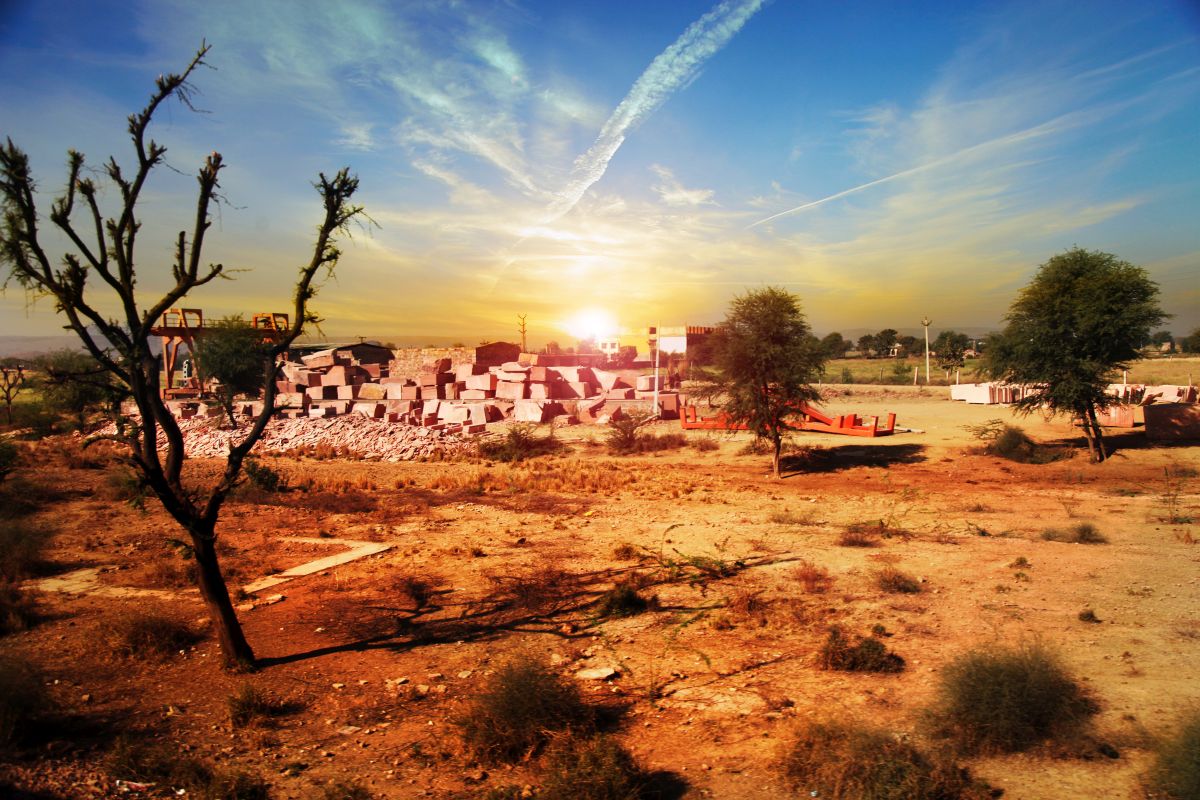It’s been 13 years since Home ~ a documentary by Yann Arthus Bertrand, a French photographer famous for his Earth from Above footage ~ debuted in 2009. The documentary aimed to highlight how humanity was threatening the ecological balance on earth and show where our planet was headed in 10 years due to the impacts of climate change. The same year, the United Nations held the Copenhagen Climate Change Conference, which formed the Copenhagen Accord, demonstrating a clear political intent to limit carbon emissions and respond to climate change. The accord also indicated a will to support the developing countries adapt to climate impacts. Unfortunately, over the last 13 years, we’ve been swamped by rhetoric but no concrete actions at the global level, especially by the developed countries responsible for most emissions. In a display of wilful recklessness, fossil fuel industries continue to pump resources and expand the industry for more profit. As a result, we’re now experiencing the consequences as predicted by Home.
Furthermore, climate change has been actualised with unusual outcomes across the world. The planet is undergoing an ecological emergency; we’ve started experiencing powerful heat waves, droughts, fires and record rains. The year 2022 has not only been the hottest so far, but the weather patterns worldwide, as a consequence, are actively threatening global food security, the most fundamental need of all. In 2022 alone, droughts and heat waves have damaged crops from South Asia to Europe and North America. These regions have recorded temperatures in the high 40s, an aberrant development. Subsequently, crop production has dropped by about 30 percent. Wheat yields in Punjab, India fell by 20 percent, the highest drop in the last decade. Pakistan’s average mango production will likely drop by 50 percent this year. Heat waves and wildfires are badly damaging crops in North Africa.
Advertisement
Tunisia’s grain output this year will fall well below farmers’ expectations. Similarly, widespread drought has affected yields in the United States. Thriving crickets and grasshoppers have destroyed swathes of crops. In Italy, the heat waves are causing rivers to dry. Irrigation is under threat in the most intensively farmed areas; the drought threatens a third of crop production. Around 125 municipalities in Italy have begun rationing drinking water. Equally alarming trends are seen in other regions. In China, while southern provinces are battling record rains, the north is seeing unusually high temperatures, threatening to hamper corn and soybean production.
In Bangladesh, over 100,000 hectares of ready-to-harvest rice crops were washed away by untimely floods in June. A similar disaster occurred in Nepal in October 2021. As global food production continues to weather the ravages of climate change, the looming food shortages are further exacerbated by the Ukraine-Russia war; food exports from these countries accounted for about 25 percent of the global food supply. The war has also affected fertiliser exports, upping the price and seriously affecting countries that depend on imported fertilisers.











